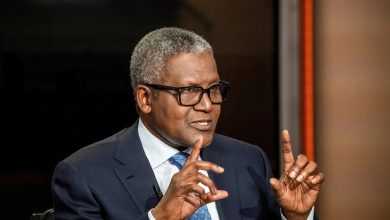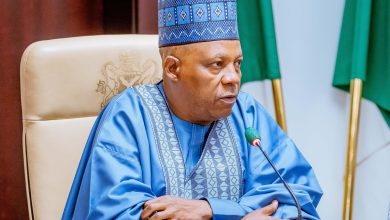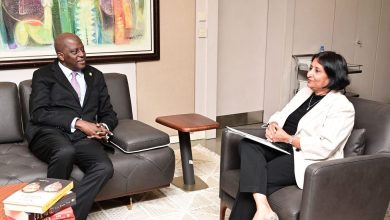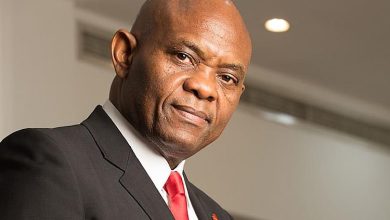SERAP Drags NNPCL to Court Over Alleged Missing ₦500bn Oil Revenue
SERAP has dragged the Nigerian National Petroleum Company Limited to court over the alleged disappearance of ₦500 billion in unremitted oil funds.
The lawsuit challenges NNPCL’s refusal to disclose details, sparking national outrage and intensifying demands for transparency in Nigeria’s troubled petroleum sector.
The Socio-Economic Rights and Accountability Project (SERAP) has taken legal action against the Nigerian National Petroleum Company Limited (NNPCL), accusing the state-run oil giant of failing to explain the whereabouts of a staggering ₦500 billion. The missing funds, reportedly unremitted to the Federation Account, have sparked outrage and heightened concerns over transparency in Nigeria’s oil sector. oil revenue meant for the Federation Account.
The legal action follows damning allegations by the World Bank that only ₦600 billion of the ₦1.1 trillion generated from crude oil sales and other income in 2024 was remitted by NNPCL, leaving a staggering shortfall of ₦500 billion.
Filed at the Federal High Court in Lagos under suit number FHC/L/MSC/553/2025, SERAP’s case seeks a mandamus order compelling the NNPCL to provide a detailed account of the unremitted funds from October to December 2024. The organization also wants the court to mandate NNPCL to invite anti-corruption agencies to investigate the matter and prosecute those responsible.
In a statement posted via X (formerly Twitter), SERAP stated: “We’ve sued NNPCL over its failure to account for ₦500 billion in missing oil money, and its claim that the Freedom of Information Act does not apply to it.” This comes after NNPCL, through its legal representatives Afe Babalola & Co., argued that the Freedom of Information (FoI) Act does not bind it in a position SERAP rejects, citing a recent Supreme Court ruling affirming the FoI Act’s application to all public records, including those of the NNPCL.
The lawsuit is the latest in SERAP’s ongoing campaign against systemic corruption in Nigeria’s oil sector. In its submission, SERAP emphasized that the alleged missing revenue further deepens Nigeria’s economic crisis, contributing to widening deficits, debt burdens, and worsening poverty.
“Nigerians continue to bear the brunt of missing public funds meant for national development. The NNPCL has a legal responsibility to explain the whereabouts of this money,” the organization said. “These funds could have significantly boosted spending on healthcare, education, infrastructure, and other basic services.”
SERAP argues that withholding such massive sums undermines the constitutional and moral obligation of public institutions to act in the public interest. It also insists that such financial opacity violates both domestic laws and international treaties to which Nigeria is a signatory, including the United Nations Convention Against Corruption.
The World Bank’s recent Nigeria Development Update revealed the discrepancy in NNPCL’s remittance, prompting nationwide concerns over accountability. The IMF has also urged Nigerian authorities to ensure that savings from the removal of petrol subsidies reflect in the national budget, savings many now believe are not being transparently managed.
SERAP had earlier written to NNPCL’s Group Chief Executive Officer, Bayo Ojulari, demanding full disclosure of the ₦500 billion’s whereabouts and the identification of those involved in the financial gap. The organization also called for the urgent intervention of the EFCC and ICPC to investigate the case thoroughly.
The court is yet to fix a date for hearing the suit. Meanwhile, calls for transparency in Nigeria’s oil revenue management continue to intensify, especially as citizens struggle with the rising cost of living and a battered economy.
As SERAP presses for answers, this legal battle may well define a new chapter in the country’s war against corruption and abuse of public trust in the petroleum sector.



